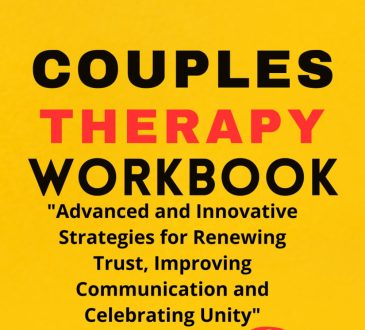
Simon Sinek’s Leaders Eat Last is a compelling exploration of leadership, trust, and the power of fostering environments where people thrive both professionally and personally. Building on his widely acclaimed works Start With Why and Together is Better, Sinek delves deep into the psychology of human behavior within teams, organizations, and society at large. He challenges the conventional corporate culture that prizes short-term gains and self-interest, advocating instead for a leadership model centered on empathy, sacrifice, and long-term vision. The title, drawn from a Marine Corps tradition where officers ensure their soldiers are fed first, serves as a powerful metaphor for what Sinek argues is the essence of great leadership: serving others.

At the heart of Leaders Eat Last is Sinek’s concept of the “Circle of Safety,” a space that leaders create to ensure their teams feel secure enough to focus on innovation, collaboration, and growth without the constant threat of internal competition or external pressure. The book is rich with real-world examples, from military stories where life-and-death decisions highlight the importance of mutual trust, to corporate case studies where the failure to cultivate a sense of security leads to fragmentation and failure. One of the book’s strengths lies in its ability to connect these ideas across vastly different domains, showing that whether in the trenches of warfare or the conference room of a major corporation, the principles of human leadership remain the same: people perform best when they know their leader has their back.
Sinek’s writing is engaging and accessible, with each chapter unfolding like a well-told story that draws the reader deeper into his world of leadership philosophy. His assertion that leaders must be willing to sacrifice their own comfort and interests for the sake of their teams is a radical departure from the profit-driven, competitive ethos that dominates much of modern business. And while the book’s subtitle may suggest a narrow focus on millennials, Sinek’s expanded chapter on this generation provides broader insights into how modern leadership must evolve to meet the needs of a more diverse, purpose-driven workforce.
In conclusion, Leaders Eat Last is a must-read for anyone in a leadership position, whether in business, education, or any field that requires guiding others toward a common goal. It is a clarion call for a new kind of leadership—one grounded in trust, empathy, and service—and serves as a much-needed antidote to the cutthroat, individualistic culture that dominates so many workplaces today. Sinek’s vision of a world where people come to work inspired and leave fulfilled may seem utopian, but his book is a compelling roadmap for how leaders can begin building it, one selfless act at a time.




